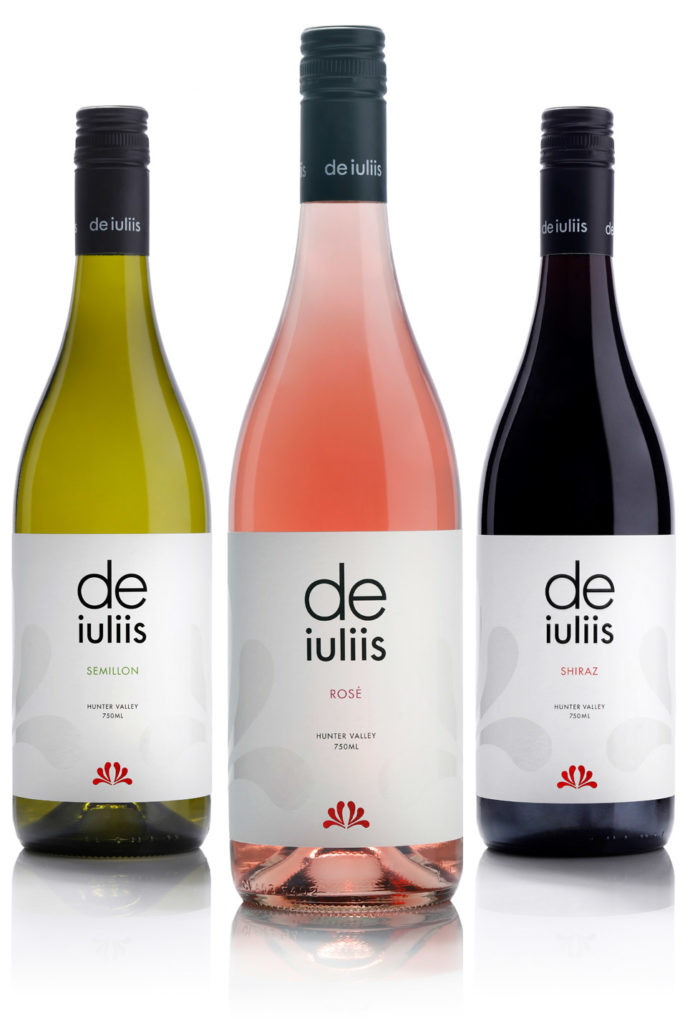

Fraud is a crime punishable by up to 20 years in prison, so this isn’t the sort of threat you throw around lightly. § 1343 (which is the relevant code) is pretty broad and applies where a person has concieved of a scheme to defraud. If neither of the above two options applies, the best protection is probably “ wire fraud” which applies generally to any fraud by wire (which includes the internet). The relevant code, in case you want to include this in your C&D letter, is 18 U.S.C. Generally speaking, the Electronic Espionage Act criminalizes theft for economic purposes (which is clearly the intent of domain sniffers) and it applies to US citizens, people operating in the US, or where the offence would have a substantial effect in the US.

The next legal protection is to argue that the domain sniffer may have committed economic espionage of a trade secret, which is a violation of the Economic Espionage Act of 1996
#Best domainer in us code
§ 1030 (the actual code of the law) in your letter.
#Best domainer in us password
If you had to use a password or login to run the domain search you should in include a reference to 18 U.S.C. In this case, the first stop is probably the Computer Fraud and Abuse Act which really focuses on hackers that actually get onto your computer and / or steal your password or personal information. The key to any good C&D letter is to point to some concrete laws that you believe the sniffer may have violated. Anything beyond a C&D letter and you’re probably going to need an attorney, which may make the decision to fight economically inefficient. If you want to write your own (they’re really easy) just use this form. Like almost every electronic claim, your first step should probably be to write a cease and desist letter. The US laws governing electronic privacy and trade secret rights are a patchwork of various laws which often overlap. So in this case, your best bet is to argue that your privacy was infringed upon or that your proprietary information was taken. Unfortunately, simply having the idea to register a domain name first gives you no legal claim to the name over the person who actually registered it. The real question is, what legal recourse do you have against these sniffers? Although not everyone buys that domain sniffing actually exists, there is mounting evidence that domain sniffing exists in some form or another. “I had a really great domain name idea, which was available when I searched through the registrar, but then five minutes later when I went to buy the name it was gone.” Anyone who has been in domaining for more than a month has heard dozens of versions of that same story. In this article we try to sort through the legal and accounting mumbo-jumbo to explain ten of the most important US laws when it comes to domaining and provide some simple and straightforward tips for safely navigating them. But despite the rapid growth of domaining, there is surprisingly little consensus as to what industry best practices are, or even what laws apply to domaining.

With top-level domains appreciating at as much as 94% per year by some estimates, it is little wonder that domaining is the new ‘hot’ industry in the internet world. In this, our second installment, we cover ’10 US Laws Every DOMAINER Needs to Know.’ After the overwhelming popularity of our first ecommerce law article, ‘ 12 US Laws Every Blogger Needs to Know‘ it became clear that there is a lot of demand for concise, plain talk, tech related legal information.


 0 kommentar(er)
0 kommentar(er)
